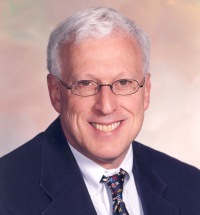
Are current classification systems for research misconduct adequate? Toshio Kuroki — special advisor to the Japan Society for the Promotion of Science and professor emeritus at the University of Tokyo and Gifu University — thinks the answer is no. In a new paper in Accountability in Research, Kuroki — who has published on research misconduct before — suggests a new classification system. We asked him a few questions about his proposal. The answers are lightly edited for clarity.
Retraction Watch (RW): Why did you feel that a new classification of misconduct was necessary? Continue reading Is it time for a new classification system for scientific misconduct?





 As we’re fond of repeating, sunlight is the best disinfectant. Which doesn’t jibe with the findings in an eye-catching 2018 paper that found people were less fearful of catching a contagious illness if they were in a dark room or were wearing sunglasses.
As we’re fond of repeating, sunlight is the best disinfectant. Which doesn’t jibe with the findings in an eye-catching 2018 paper that found people were less fearful of catching a contagious illness if they were in a dark room or were wearing sunglasses. 

